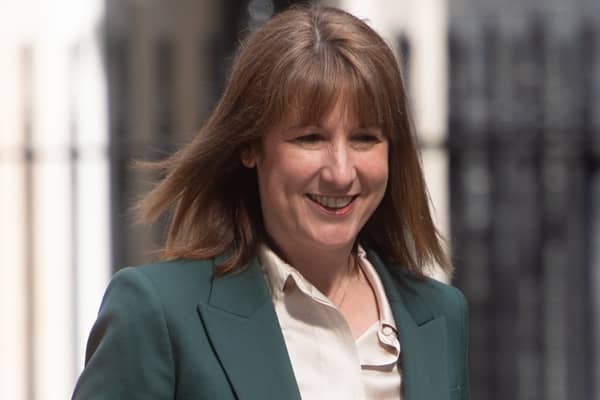
"The Government is projected to miss its 'stability rule' by £41.2bn in 2029-30, creating pressure for tax increases to meet fiscal compliance."
"Higher public sector borrowing and weaker GDP growth have worsened the fiscal outlook, complicating the Chancellor's ability to meet financial commitments."
"GDP growth is anticipated to be modest, at 1.3% in 2025 and 1.2% in 2026, positioning the UK in the middle of G7 economies."
"The poorest 10% of UK households are experiencing a decline in living standards, with a 1.3% drop forecasted for 2024-25 compared to 2023-24."
The Government is on track to misalign with its 'stability rule' by £41.2bn in the fiscal year 2029-30, leading to mandatory tax increases in the Autumn Budget. Rising public sector borrowing, welfare cuts reversal, and lower GDP growth are worsening the fiscal outlook. The Chancellor faces a dilemma of meeting fiscal rules, spending commitments, and avoiding tax hikes. Projected GDP growth is modest, at 1.3% in 2025 and inflation remains significantly above targets due to high wage inflation. The cost-of-living crisis continues to impact the poorest households, necessitating a fiscal buffer through moderate tax increases.
Read at London Business News | Londonlovesbusiness.com
Unable to calculate read time
Collection
[
|
...
]